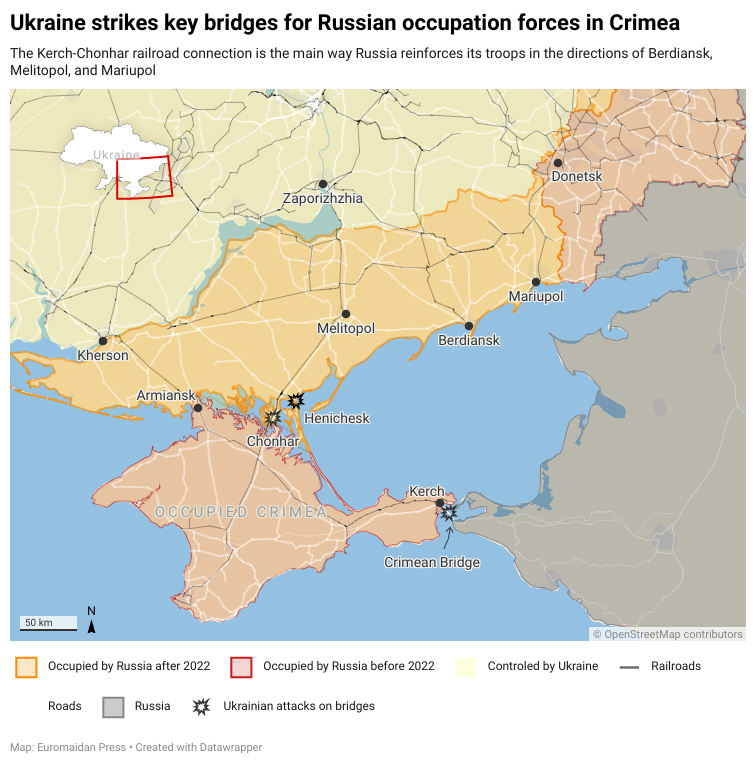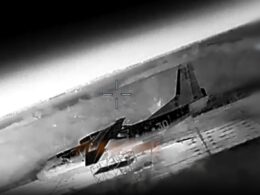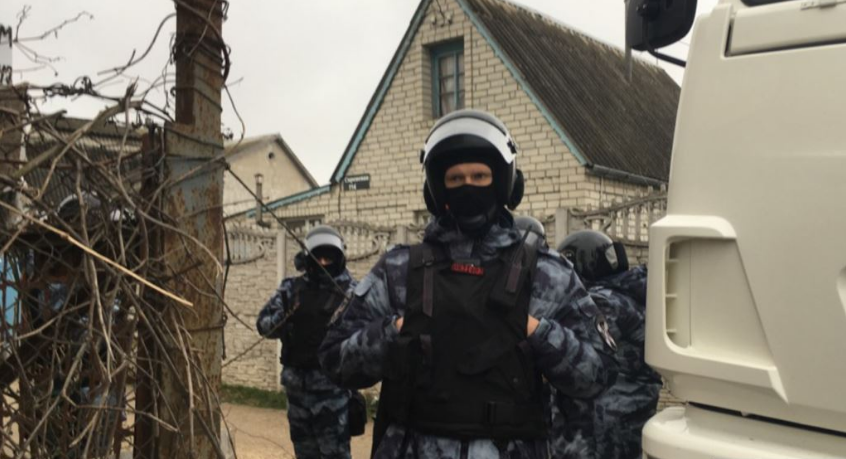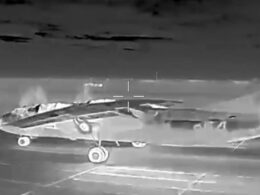The Institute for the Study of War (ISW) reports that Russian military bloggers have remained notably silent on the aftermath of recent Ukrainian strikes against key bridges in occupied Crimea on 6 August.
According to the ISW, this silence from normally outspoken Russian milbloggers likely indicates that Russian officials have directed the correspondents to avoid commentary on the Ukrainian attacks in order to prevent panic. In the same fashion, the milbloggers kept mum over Ukraine's successful strikes
The Ukrainian strikes targeted crucial logistics nodes along ground lines between occupied Crimea and Kherson Oblast. The attacks on the Chonhar and Henichesk bridges on 6 August were specifically intended to restrict Russia's ability to transport personnel and supplies to the front, Ukrainian officials said.
With the bridges damaged, Russia must now route material through Armiansk, just 80km from the frontline. The challenging logistics situation has forced occupation administrator Vladimir Saldo to suspend bus service between Crimea and Kherson.

Yet the Russian milblogger community has not complained about these difficulties. Their uncharacteristic silence supports the ISW's assessment that Russian authorities want to limit discussion of the strikes and their impact.
This muted reaction indicates officials likely want to keep the strikes out of the information space as much as possible to avoid undermining Russian morale. But the lack of milblogger criticism over the setbacks also suggests Russia is facing challenges adapting its operations to Ukraine's evolving strike capabilities.
Other takeaways from the ISW assessment:
- Ukrainian forces continued counteroffensive operations on at least two sectors of the front on August 7.
- Russian forces and occupation administrators continue to seek to mitigate the impact of recent Ukrainian strikes on logistics nodes along key Russian ground lines of communication (GLOCs) connecting occupied Crimea with occupied Kherson Oblast.
- Russian opposition media outlet Verstka suggested that the Russian Investigative Committee and its head, Alexander Bastrykin, are directly involved in the forced deportation of Ukrainian children to Russia and the forced placement of Ukrainian children into Russian military training programs.
- China's increasing misalignment with Russia on any settlement to end the war in Ukraine was reportedly evident at the talks in Jeddah, Saudi Arabia on August 5-6.
- The Ukrainian delegation at the talks in Saudi Arabia presented a 10-point peace plan that reportedly included calls for global food security, nuclear safety, environmental security, humanitarian aid, and prisoner releases.
- Ukrainian officials reported that Ukrainian and Russian forces conducted a prisoner-of-war (POW) exchange on August 7.
- Russian forces conducted offensive operations along the Kupiansk-Svatove-Kreminna line, near Bakhmut, along the Avdiivka-Donetsk City line, along the Donetsk-Zaporizhzhia Oblast border, and in western Zaporizhzhia Oblast on August 7 and made advances in certain areas.
- The Kremlin continues efforts to portray itself as adequately mobilizing the Russian defense industrial base (DIB) for a protracted war effort.
- Russian occupation authorities continue to use maternity capital benefits to coerce Ukrainian civilians in occupied territories to accept Russian citizenship and increase social control in occupied areas.
Related:




